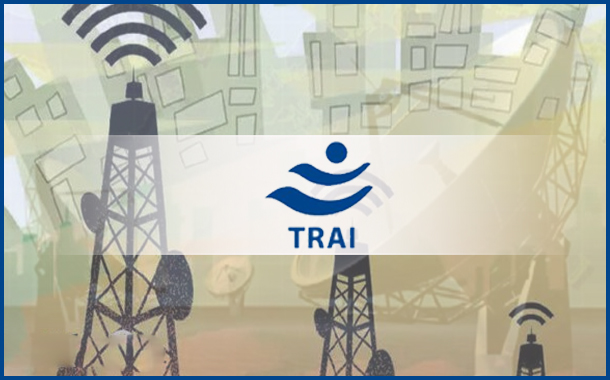New Delhi: The purpose of TRAI’s tariff order 2017 was aimed at dismantling channel packs and helping consumers to subscribe channels on a-la-cart basis at affordable price.
However, the Madras High Court as it found it arbitrary and without justification struck down the provision. Subsequently, the case reached the Supreme Court, which upheld TRAI’s argument in the matter and said that such a provision was justified to protect consumers from “perverse pricing” by broadcasters and distribution platforms.
Apparently, TRAI continues to maintain that the Supreme Court’s judgment is not very clear, and has declined to implement the 85:100 rule that caps the incremental value of a-la-cart rate and packs under 15%. TRAI had also abstained from seeking clarification on the same from the apex court by withdrawing its SLP.
According to The 85:100 rule proposed by TRAI initially, if a channel is priced at Rs 85 inside a pack, then it cannot be priced at more than Rs 100 when sold alone. Whereas, now the channel that is priced at Rs 85 inside a pack is currently priced in the range of Rs 100-300 when sold on a-la-cart basis.
Meanwhile, the Delhi High Court on 30th January continued the hearing into the matter and will take up the matter again on Monday, 4th February 2019. It is expected that the prices of popular pay channels will come down from around Rs 22.42 to around Rs 8-9 per month, if the Delhi High Court directs TRAI to implement the 85:100 rule.
Meanwhile, Fastway and other Cable and DTH operators approached the TDSAT asking it to compel TRAI to implement the 15% rule. They also pointed out that when the Supreme Court said it was dismissing the petitions against the 15% rule in their entirety, there was no ambiguity that it had upheld the validity of the 85:100 rule. However, the TDSAT refused to interfere in the process at this stage, given that constitutional courts are seized of the matter.
Depending upon the outcome of the verdict from Delhi HC, the Cable and DTH operators are likely to push forward the case again with TDSAT seeking a direction against TRAI on implementation of the 15% rule in entirety.
Despite all odds, Broadcasters managed to safeguard their interest under the new tariff rule and even managed to extract better pricing due to the confusion in implementation of 15% rule. Mysteriously TRAI also withdrew its SLP from Supreme Court that directly favoured the broadcasters and derailed the primary motive of its New Tariff Rule.
At last, we will have to wait and see whether the judiciary is going to favour the stakeholders or the consumers.

















